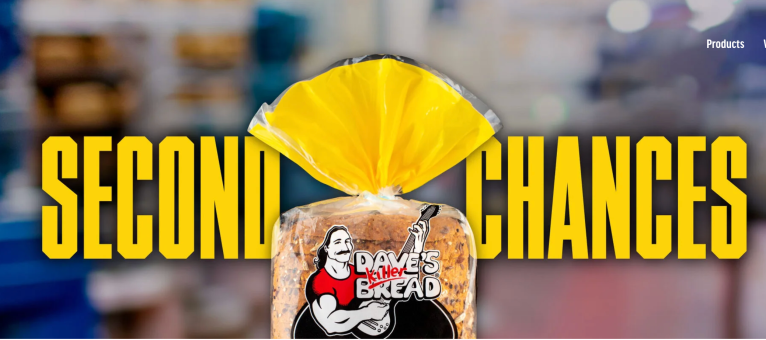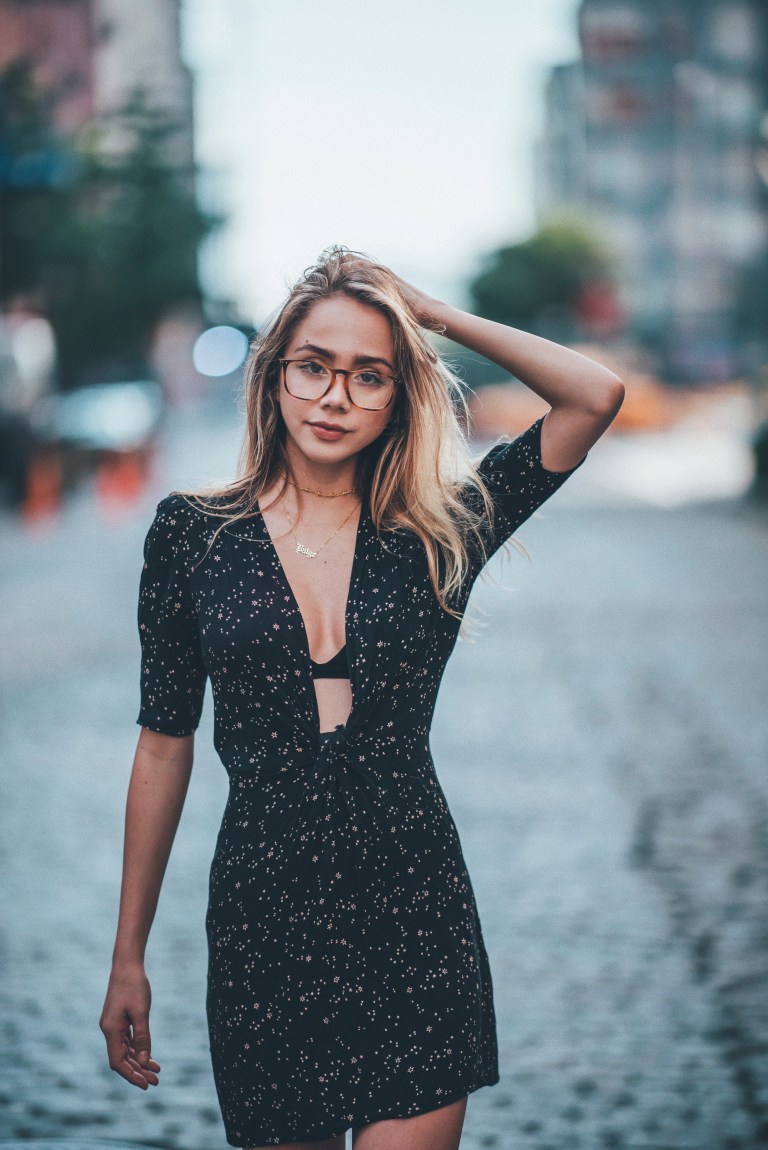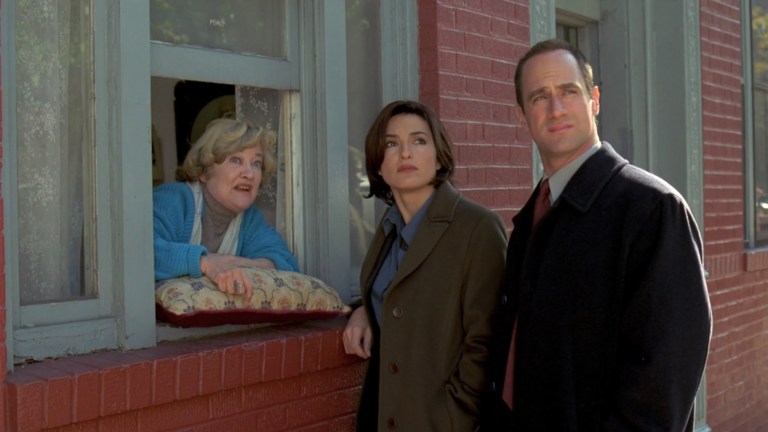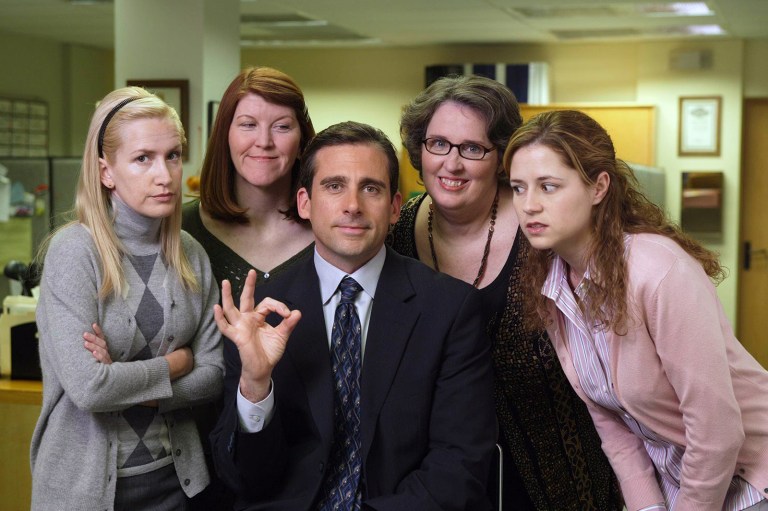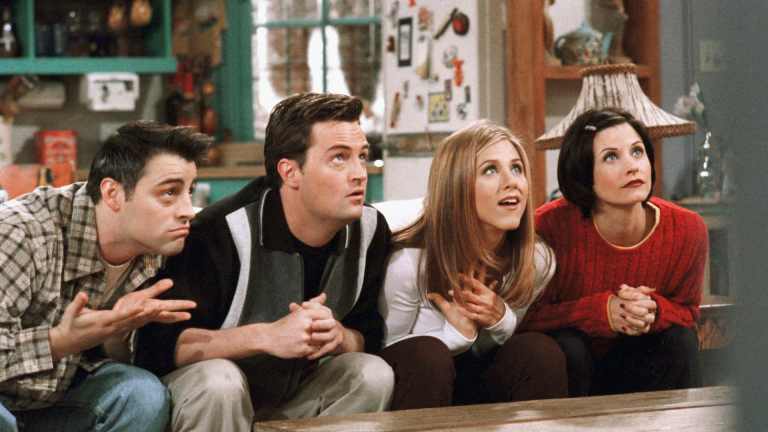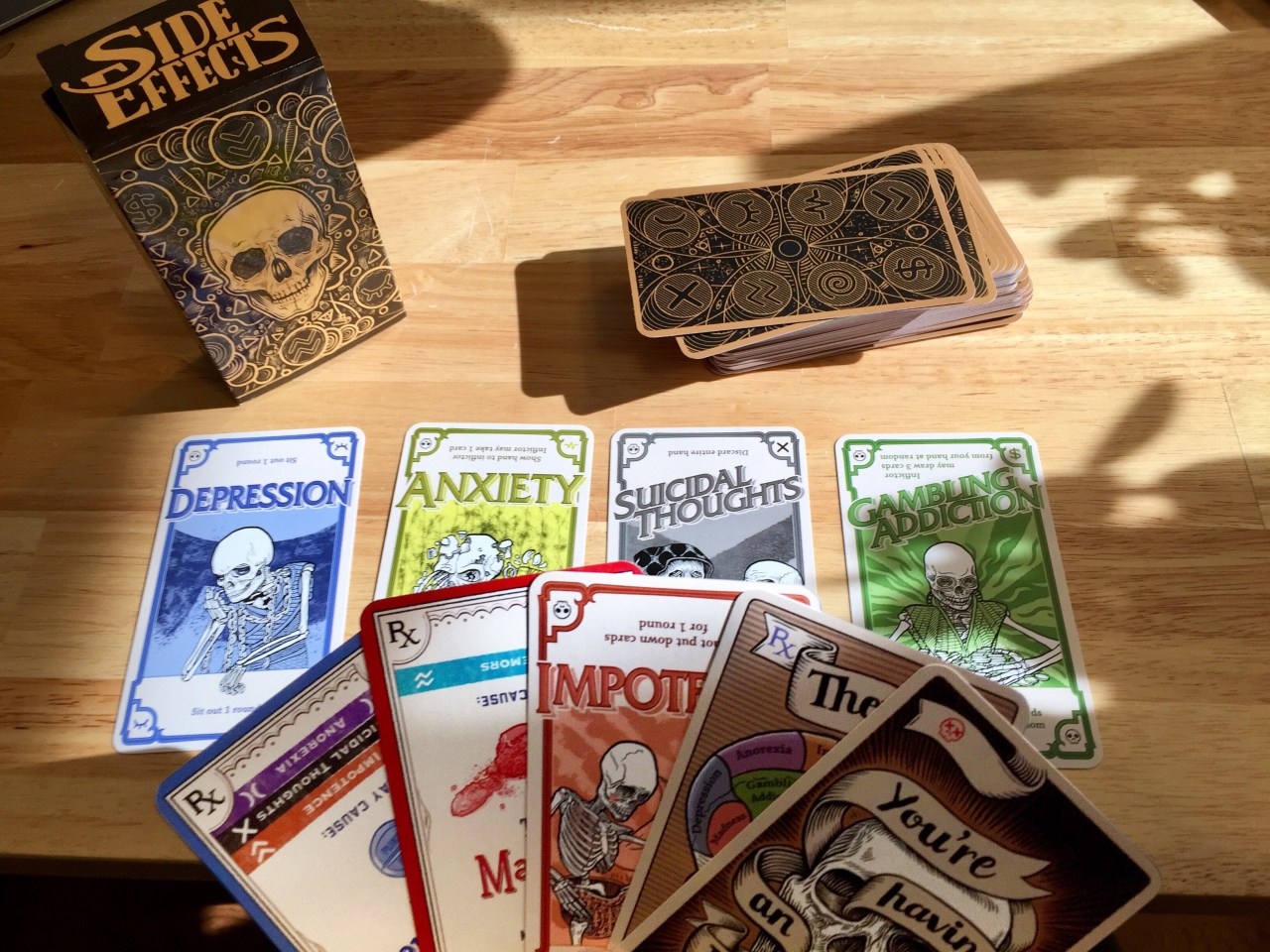
This Is Why I Created A Card Game About Mental Illness
By Jade Shames
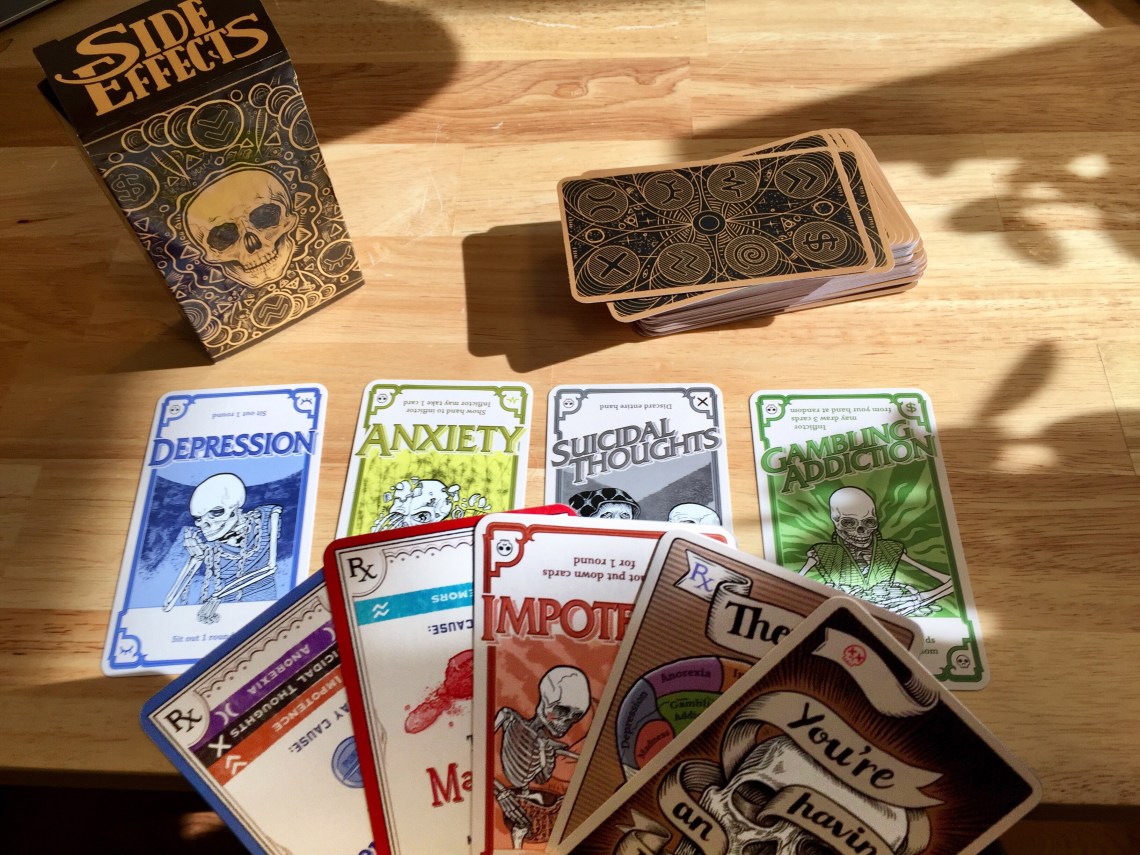
I was never a cheery child. For many years, I didn’t speak to new people. This was the early 90s and my parents were getting a divorce and all I knew of typical family life was that flavorless pacifier of a TV show known as Full House. Even video games seemed to follow the same format of much of the media at that time—exceedingly cheery, yet completely unobtainable. Who has actually beat the original Super Mario Bros?
Fortunately, I had a sarcastic mother and a father who claimed that Halloween was the only day in the year that his lifestyle was considered normal. They, along with a few good friends, exposed me to the 90s counterculture: Ren & Stimpy, Mortal Kombat, The Garbage Pail Kids, The Simpsons, The Rat Fink revival—finally media that painted a picture of the world I could agree with. One that was twisted and absurd and far, far away from the unobtainable happiness insisted upon by an unending and illogical laugh track.
I gave away all my comic books. Instead of drawing superheroes, I began following the lead of my media idols and drew weird, over-the-top violence with nonsensical jokes. My longest running series was called Ways to Die with Macky Mouse, where the same stick-figure mouse is killed in hilarious new ways on every page. I adored the feeling of grabbing the red crayon and smearing the nice white page with cartoon gore.
At 11-years-old, I was sent to a therapist. In my parents’ defense, it wasn’t just my artwork—they loved Macky Mouse—but the divorce was getting ugly and I began to talk about killing myself.
I was in therapy consistently for most of my adolescence. By the time I got into middle school, I was wearing a long, black trench coat every day, and I was still shy, but I found that if I were just generally strange that people didn’t seem to bother me. In fact, some people actually started to gravitate toward me—others that liked the same stuff I did. And I noticed that many of these new friends also had difficult home lives and some were even on medication, which actually made me feel more comfortable.
Finally, I could talk about stuff like my depression and anxiety in a place without judgement. I couldn’t be a freak because we were all freaks. Our depressing music and dark clothing and weirdo art all seemed to be a way to alleviate the pressure of living in a world we all thought was totally insane. It allowed us to explore our feelings and even poke fun at them. So it helped, but of course it wasn’t the cure.
My depression got worse as I got older and by the time I turned 16, my therapist suggested I try medication. So, I went on Zoloft, and while it did help level out my moods, it made having an orgasm nearly impossible. This was hilarious to me. The drug worked like a monkey’s paw, giving contentment and taking away bliss. Eventually, I stopped using the drug and have been in and out of therapy for the rest of my life.
My friends were less lucky. One of them was diagnosed with schizophrenia and, after many stints in psychiatric institutions, eventually committed suicide at 21. Another friend of mine battled clinical depression until her suicide, also in her early 20s.
Later on, I found out just how rampant depression and alcoholism was in my family. Two of my uncles died within a short period of time when I was just barely out of college—one from medical complications due to alcoholism and the other went into a shooting range and turned the gun on himself. These were people that, at least to me, were the total opposite of what I was. They were straitlaced, had desk jobs, loved Sinatra, etc. So, it wasn’t just the freaks who were suffering.
We are all fighting our demons in different ways. I still enjoy the sardonic humor and camp of 90s counterculture to poke fun at things that scare me, but like I said, it’s not a cure. The only real cures we have are medication and therapy, and they’re OK. For many people, these things save lives. I don’t think I would be alive without therapy. But I’ll always be reminded of that monkey’s paw effect that Zoloft had on me—it’s a reminder that we still have so far to go in truly treating these diseases efficiently.
When I began to develop the card game Side Effects (which you can support here), I was thinking of all of this. I wanted the game to look scary and strange, but also darkly funny. I wanted it to be a game that I would have played with my freak friends—I could imagine us all laughing at the impotence card and reading the drug names on the medications with nods of approval. “Yup, that’s what I got,” someone would say. Maybe I would have picked up the depression card and licked the back and stuck it on my forehead. “This is me,” I would have said. “This is how it fucking feels.” ![]()
